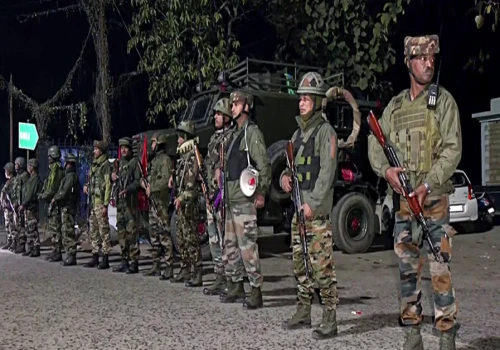
A Kolkata court decided not to allow the Central Bureau of Investigation (CBI) to conduct a narco-analysis test on Sanjay Roy, the main suspect in the rape and murder of a doctor at RG Kar hospital. Sanjay had agreed to the test earlier but later changed his mind and refused.
Sanjay Roy's Consent for Narco Test Withdrawn
Sanjay Roy was arrested on August 10, and the CBI wanted to do this test to verify his statements. A narco test is done by injecting a drug called sodium pentothal into the body, which puts the person into a deep, relaxed state where it's believed they cannot lie. However, the Supreme Court of India has ruled that such a test can only happen if the person agrees voluntarily.
What is a Narco Test?
A narco test, or narco-analysis test, involves injecting sodium pentothal, a drug that makes the person feel very relaxed and is believed to make them tell the truth. This drug is also known as a "truth serum." It is a fast-acting anaesthetic used in larger doses to sedate patients during surgery. The test is legally valid but can only be conducted with the accused’s voluntary consent, according to a 2010 Supreme Court ruling.
Supreme Court Ruling on Narco-Analysis Tests
Under a 2010 ruling by the Supreme Court of India, narco-analysis tests cannot be conducted without the accused’s voluntary consent. While the test is legally valid, its results are only partially admissible in court, depending on how and under what circumstances it is conducted.
Details of the Kolkata Rape-Murder Case
On August 9, the body of a trainee woman doctor was found in a semi-naked state in the seminar hall of RG Kar Medical College. Sanjay Roy was arrested the next day after CCTV footage showed him entering the building around the time of the crime and his Bluetooth headphones were found near the crime scene. The autopsy report and initial investigation revealed that the victim was severely hurt and sexually assaulted.
CBI's Earlier Use of Polygraph Tests in the Investigation
Earlier, the CBI conducted polygraph (lie detector) tests on Roy and several doctors. A polygraph test measures physiological indicators such as blood pressure, pulse, respiration, and skin conductivity while a person answers questions. The idea is that deceptive answers will cause noticeable physiological changes, which can be detected and analyzed.

_500_x_350.webp)
 (1)_500_x_350.webp)







